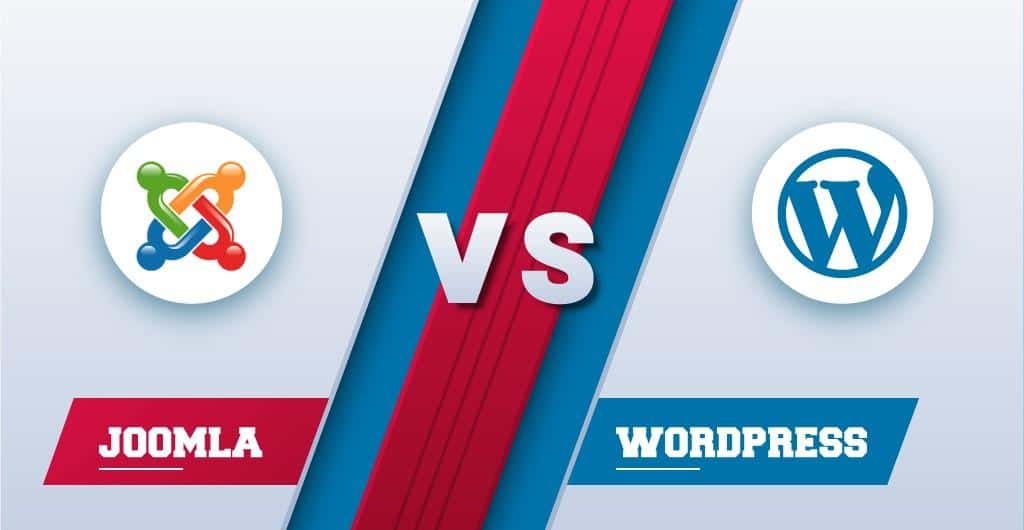

With responsive themes, a WordPress website can mould itself to different devices and screen resolutions without sacrificing user experience. Mobile now makes up the majority of searches worldwide, so a CMS needs to run well on both desktop and mobile devices. Overall, WordPress stands out as the easier-to-use option not just for its straightforward customisation, but for how impeccably fast the platform is immediately after install. WordPress can slow down significantly if incorrect plugins are installed or if existing plugins are poorly optimised.

#JOOMLA VS WORDPRESS CODE#
Joomla can be sped up with developmental upgrades, plugins and other refinements, but its code is more difficult to handle for a beginner compared to WordPress. Straight after setup, WordPress is faster than Joomla. Speed is largely dependent on the number of pages on the site, volume of plugins, the size of images and the general state of the site. Speaking strictly out of the box, Joomla is the more secure option, but WordPress simply needs a bit of maintenance to keep it totally safe.
#JOOMLA VS WORDPRESS UPDATE#
The system also has its own security extensions and developers regularly update and note extensions with vulnerabilities. This is where hiring an agency like us can help, ensuring your WordPress site is maintained, up to date and all plugins are secure and watertight.Ĭomparatively, Joomla launches with the ability to have connections over SSL or 2FA. Ensuring all of a site’s plugins are up to date and compatible with the newest version of WordPress needs to be adhered to or else a site becomes prone to attack.Īlongside the need to maintain these plug-ins, key security features such as two-step authentication and SSL require plugins instead of shipping directly with the WordPress platform. Many of these exploits come from WordPress’s plugins, which need to be regularly updated to maintain security. As such, WordPress has a history of exploits, but overall, considering its size, the platform has done admirably well to contain and learn from these. By posing a challenge for hackers, it’s sort of the big white whale of CMS platforms – lots of people want to take it down.

WordPress is the widest used CMS in the world and, as such, hackers of various skill levels want to take it down. Having this extra flexibility may be attractive to some users though, so being more complicated on set up isn’t necessarily a negative.
#JOOMLA VS WORDPRESS INSTALL#
There are no custom installation pathways, which equates to the user doing most of the install legwork on their own. Joomla’s set up, on the other hand, requires more work from the user. While WordPress has depth which rivals Joomla, it is much easier to set up.


 0 kommentar(er)
0 kommentar(er)
